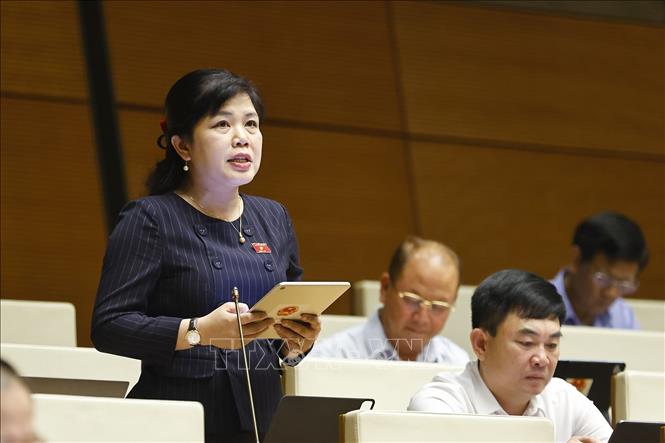
Delegate Nguyen Thi Thu Ha (Quang Ninh) said that one of the new points in the Law amending and supplementing a number of articles of the Law on Technology Transfer this time is the regulation on capital contribution in the form of technology.
This is a way to solve the problem of freezing intellectual property, that is, we contribute capital with know-how, with technological solutions that we propose. However, delegates believe that we must consider because if we decide on the value of technology contributed to capital, there may be a very big risk of inflating the value of technology contributed to capital, creating virtual capital and negatively affecting the health of the investment environment.
“The drafting agency must clarify the content of self-determination of technology capital contribution value to avoid the risk of abuse and encourage the use of more independent evaluation services,” the delegate commented.
Analyzing this content, delegates agreed with the new orientation of assigning technology ownership to the organization that directly creates the technology, except for some special cases, thereby removing the long-standing bottleneck in transferring intellectual property from the research area to the market. However, delegates said that the regulation that "the parties are allowed to decide the value of the contributed technology" is progressive, but has the potential risk of "inflating" transfer pricing or creating virtual capital.
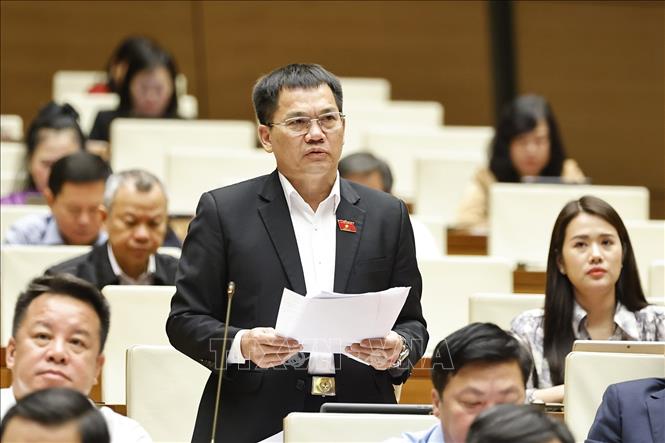
Delegate Duong Khac Mai (Lam Dong) suggested: The drafting agency should add a post-audit mechanism or encourage the use of independent valuation organizations for large-value transactions; at the same time, clearly define the legal responsibilities of the parties in case of incorrect valuation, causing damage. According to the delegate, it is necessary to specify the organization with the authority to appraise prices, the standards for valuation methods, especially for technology using the state budget.
Currently, the draft is only in principle and has no basis for implementation. Delegates proposed simplifying the procedures for capital contribution in the form of technology, possibly through a mechanism linking the Law on Technology Transfer, the Law on Enterprises and the Law on Intellectual Property, to encourage businesses, institutes and schools to quickly commercialize research results.
According to the delegate of Lam Dong province, the process of technology appraisal in investment projects (Articles 13-20) is still complicated, with many contacts and long processing times. The delegate suggested that the Government clearly stipulate an electronic one-stop mechanism, interconnected in technology appraisal, and at the same time integrate technology appraisal procedures with investment procedures and environmental impact assessment to avoid overlap and shorten the time for businesses.
Delegates supported the addition of a post-audit mechanism for technology transfer activities because this is a key point to ensure effective implementation of the Law. Delegates proposed that the Government specify a set of criteria and methods for evaluating the effectiveness of technology transfer, and delegate authority to provincial People's Committees to conduct assessments of projects using the state budget, and periodically report to the Ministry of Science and Technology for synthesis and supervision. This is a practical step and in line with the policy of decentralization and increasing local autonomy.
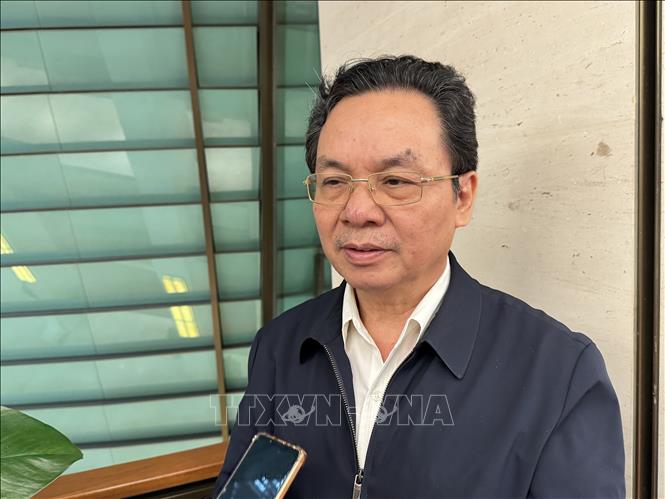
According to delegate Hoang Van Cuong (Hanoi), the draft law states the policy of encouraging technology transfer from abroad and domestically, which is the right and welcome direction. However, Clause 5 stipulates additional content on encouraging technology transfer from Vietnam to foreign countries, but does not clearly state the conditions and scope of encouragement. The amendment and supplementation of this law should focus on clarifying policies to encourage technology transfer in both directions, from abroad to Vietnam and from Vietnam to foreign countries, while ensuring the safety of new technologies and core technologies created by domestic scientists.
Delegates analyzed that currently, there are many new technology fields such as artificial intelligence (AI), semiconductors, big data... which are not in the traditional technology group, nor directly related to defense and security. With new technologies, there should be a mechanism to limit transfer or require licensing before export, in order to protect competitive advantages and national secrets...
Source: https://baotintuc.vn/thoi-su/can-bo-sung-co-che-hau-kiem-trong-hoat-dong-chuyen-giao-cong-nghe-20251106190856131.htm



![[Photo] Closing of the 14th Conference of the 13th Party Central Committee](https://vphoto.vietnam.vn/thumb/1200x675/vietnam/resource/IMAGE/2025/11/06/1762404919012_a1-bnd-5975-5183-jpg.webp)

![[Photo] Prime Minister Pham Minh Chinh receives the delegation of the Semiconductor Manufacturing International (SEMI)](https://vphoto.vietnam.vn/thumb/1200x675/vietnam/resource/IMAGE/2025/11/06/1762434628831_dsc-0219-jpg.webp)


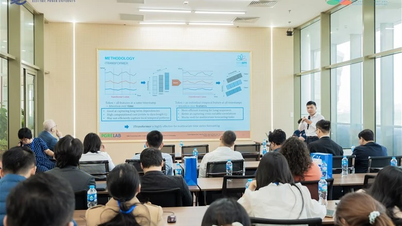

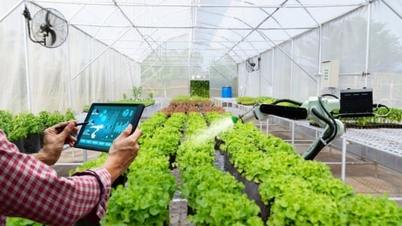

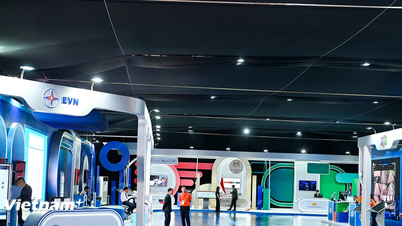

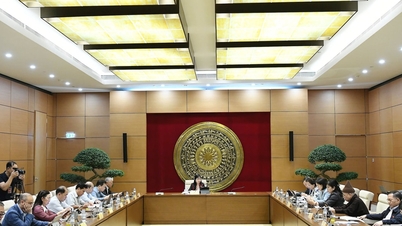


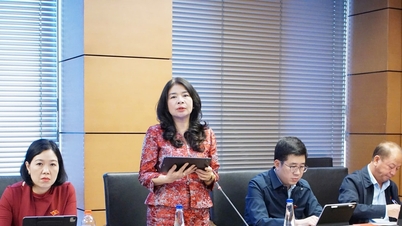
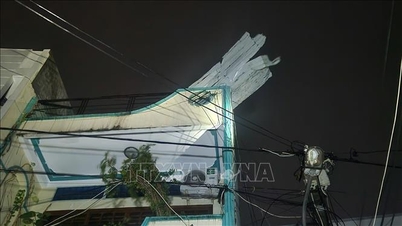
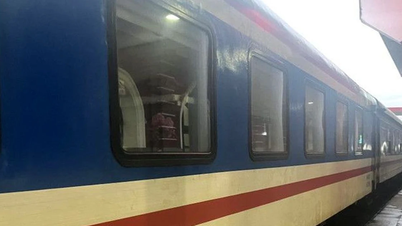

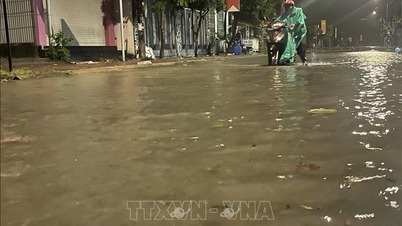
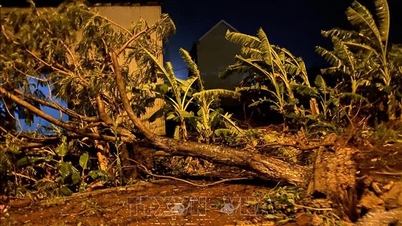


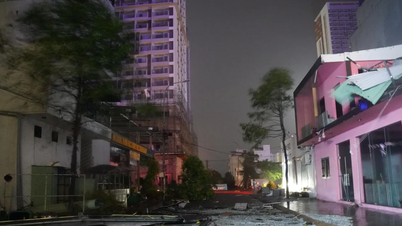





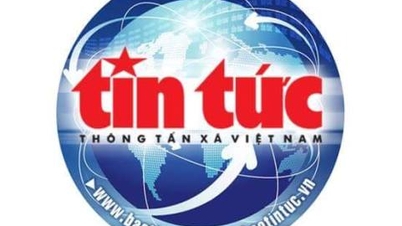
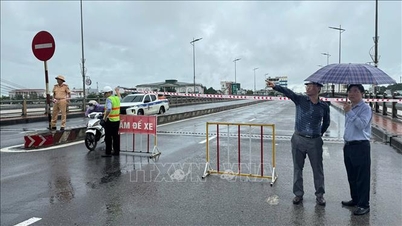
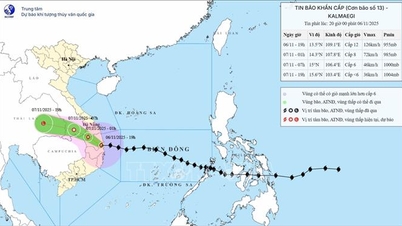
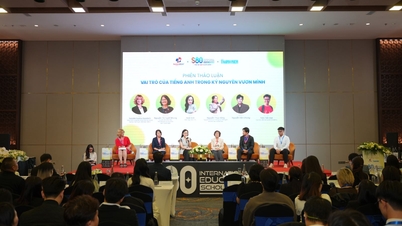
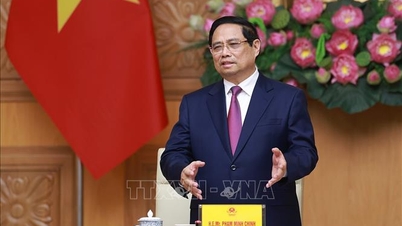




































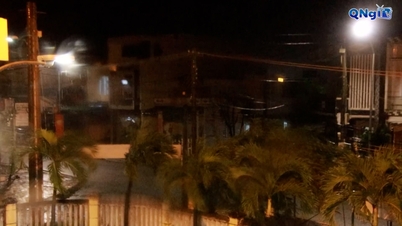









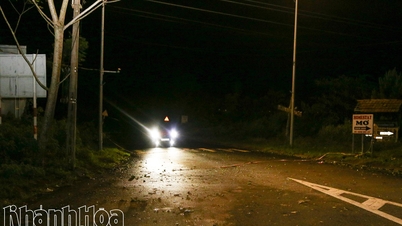

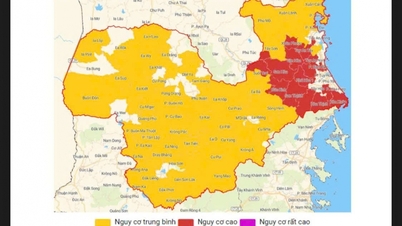

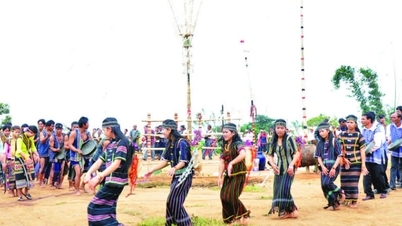

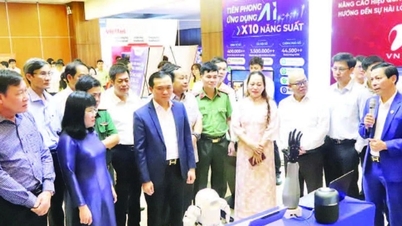
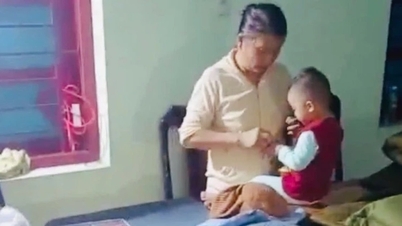
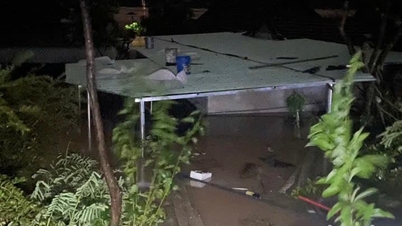













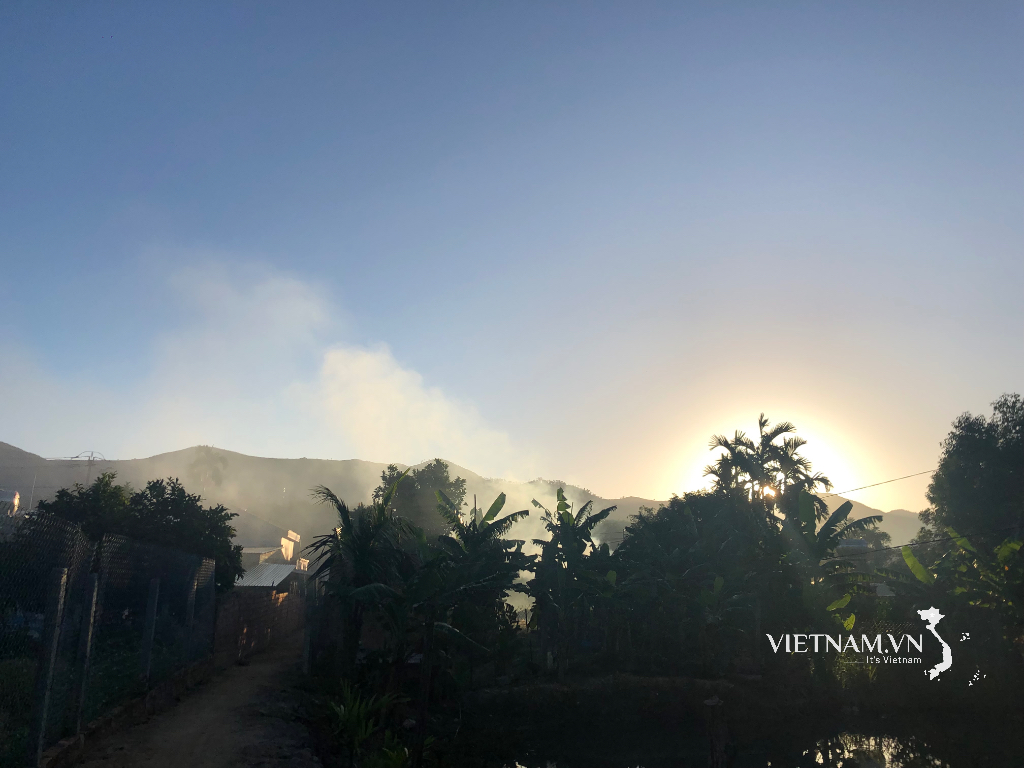

Comment (0)